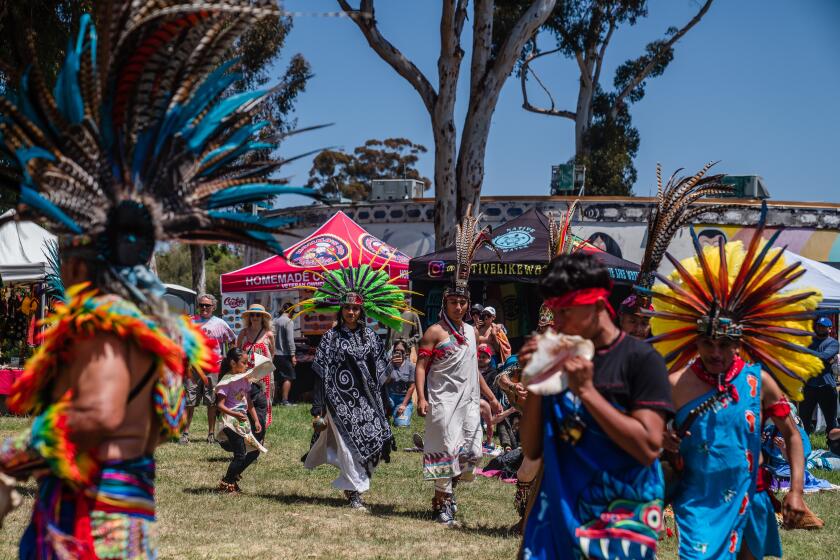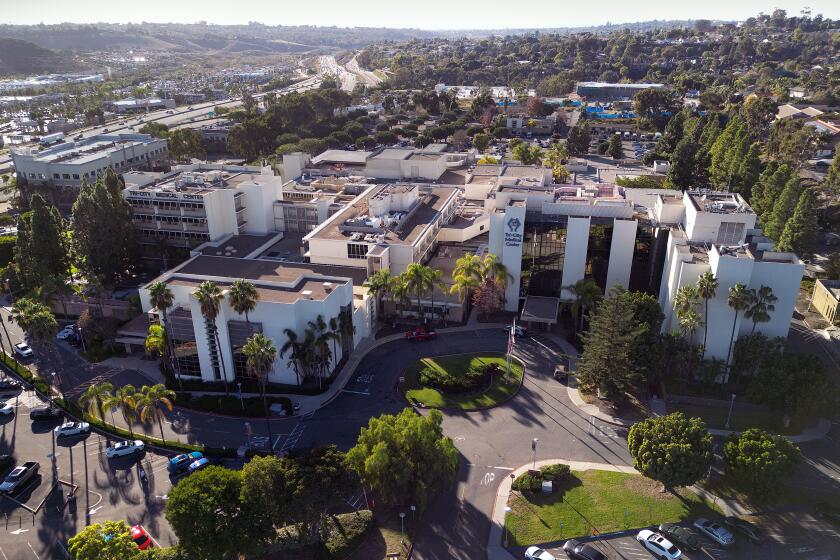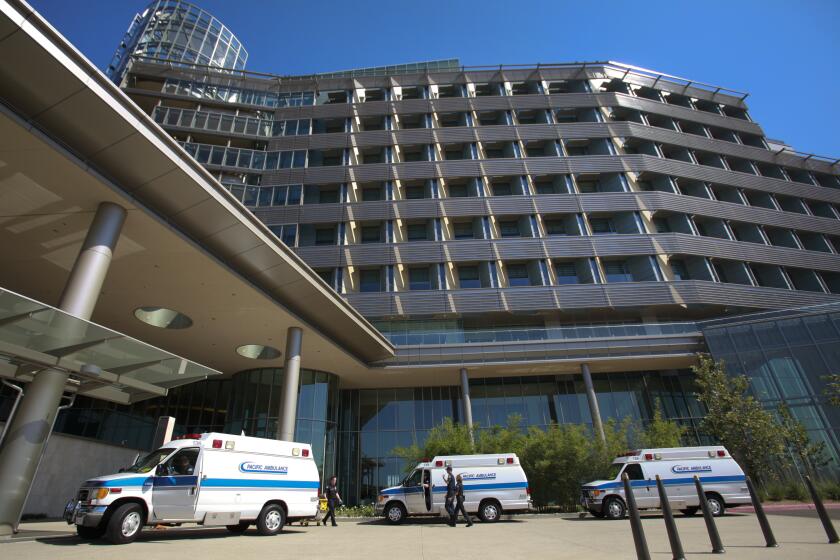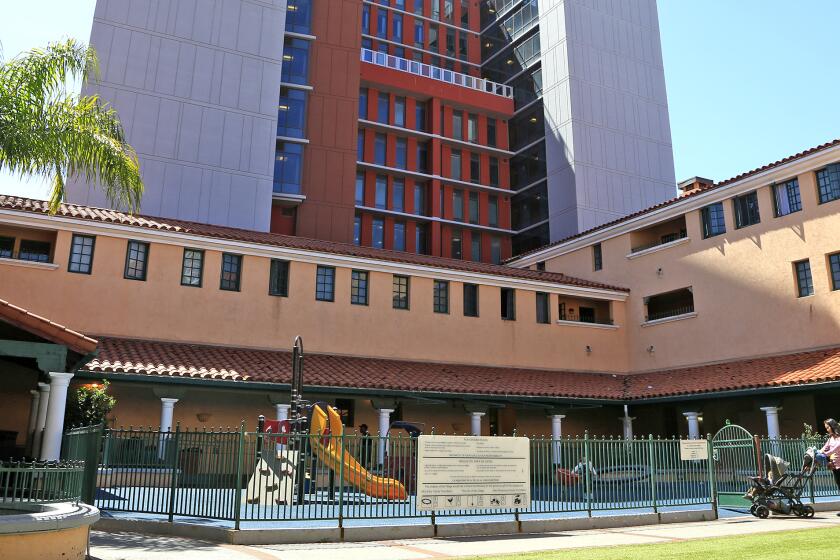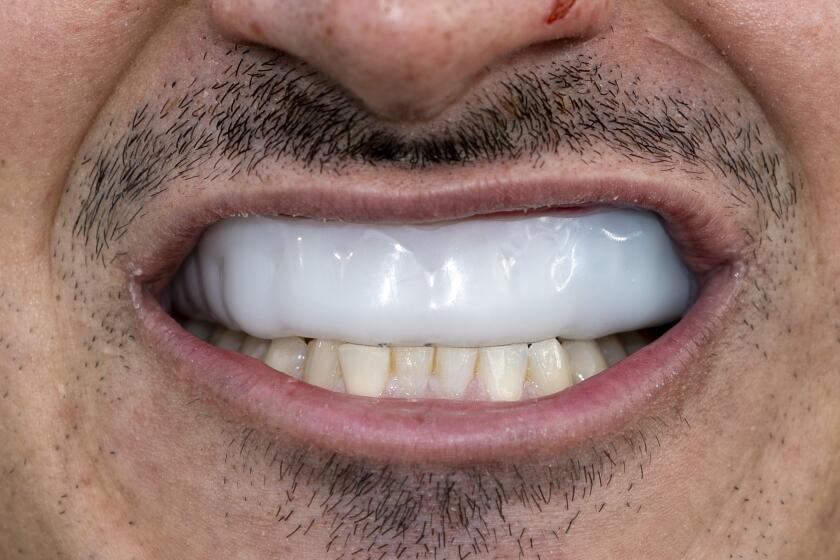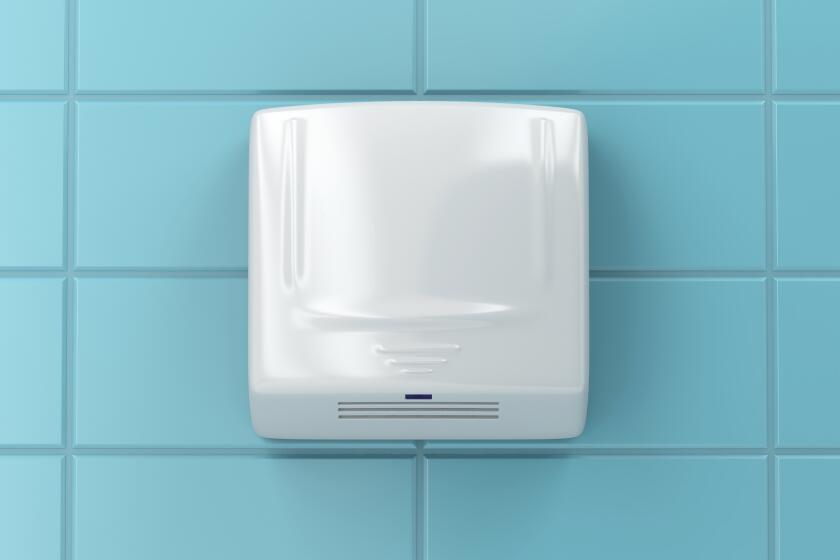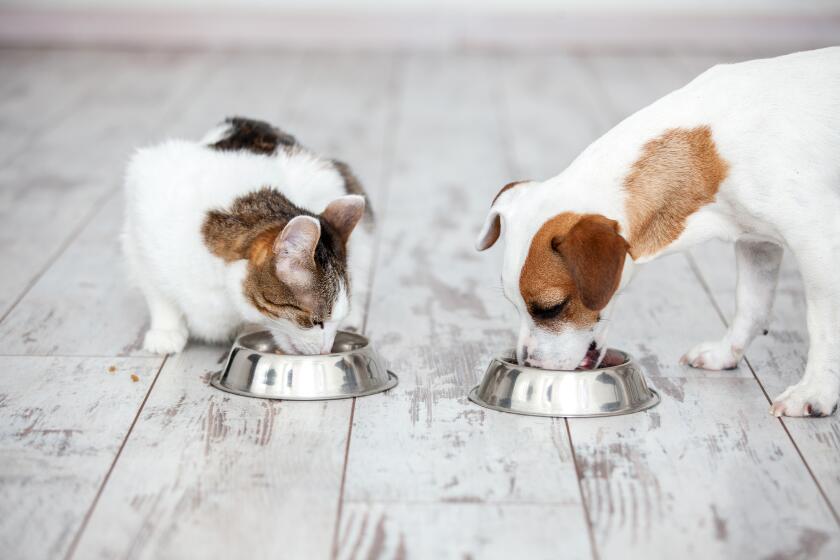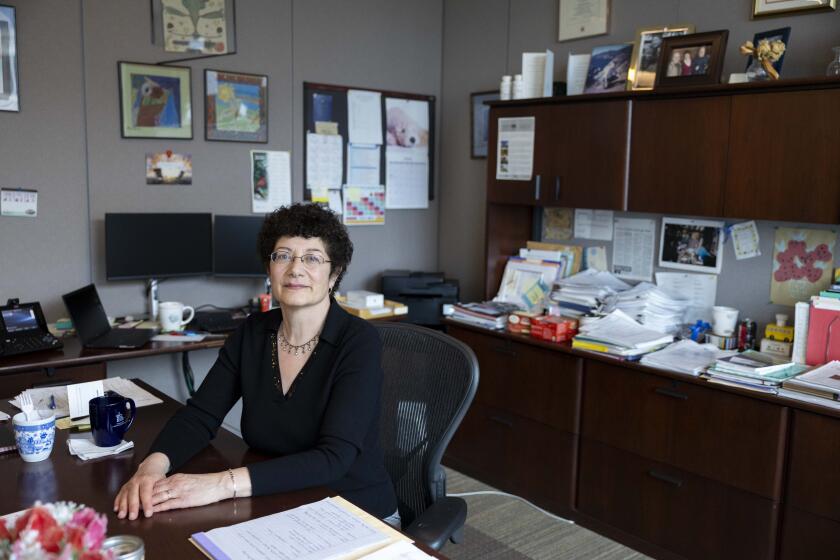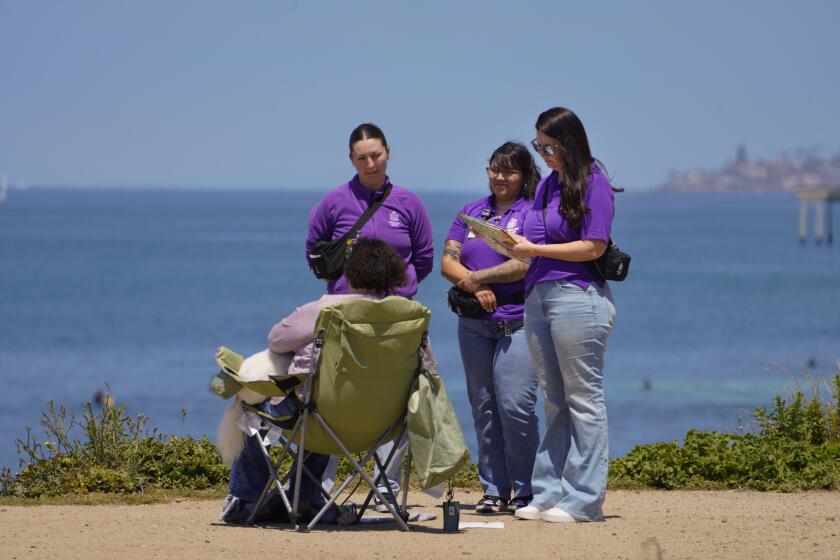Should firefighters fast? Salk-UCSD study finds some benefit
Research documents effects of time-restricted eating among 150 San Diego firefighters
It is possible to fast and fight fires.
That is a top-line finding of a new study from researchers at The Salk Institute for Biological Studies and UC San Diego. The investigation enrolled 150 San Diego firefighters, asking half to restrict their eating to a 10-hour period of their choosing while the other half ate as they normally would. All adopted Mediterranean diets for the duration of the 12-week study period.
Firefighters in the fasting arm generally chose to eat from about 9 a.m. to roughly 7 p.m. and with the help of a smartphone app that helped them track their food intake. Electronic records found that among those restricting their eating window, food was consumed outside the designated timeframe only one or two times per week.
Fasting has been increasingly shown in medical literature to help with weight loss and to help control chronic metabolic conditions like high blood sugar, especially when eating occurs during daylight hours when the body’s circadian rhythms are evolved to eat.
“We’re eating until we go to bed, and research tells us that is not really good for our bodies,” said Dr. Pam Taub, a UCSD cardiologist and the study’s corresponding author.
Taub co-led the study with Salk professor Satchidananda Panda whose work is widely known for plumbing connections between circadian rhythms and human metabolism.
For the most part, there were few stark differences between those who restricted their eating to a 10-hour window and those who did not. Firefighters, after all, tend to be a relatively young and exceptionally-healthy group. However, a reduction in “very low density” cholesterol was detected in this group.
Benefits were somewhat more pronounced for the handful of firefighters who started the study with elevated risk factors such as high blood pressure or who were overweight.
Shift workers, Taub noted, are generally excluded from fasting studies because of their irregular work schedules, but firefighters, she said, can pave the way toward studies of others, such as nurses, who tend to work night shifts that force them to consume their calories deep into the evening hours.
A new proposal to the National Institutes of Health proposes studying nurses who work 12-hour night shifts, allowing researchers to study what effect restricting eating hours has for those whose shifts keep them up continually past midnight.
Get Essential San Diego, weekday mornings
Get top headlines from the Union-Tribune in your inbox weekday mornings, including top news, local, sports, business, entertainment and opinion.
You may occasionally receive promotional content from the San Diego Union-Tribune.


